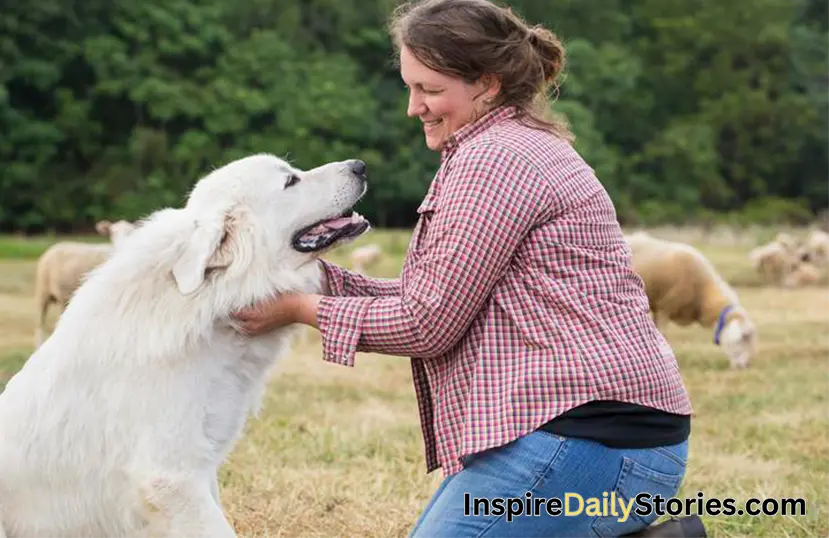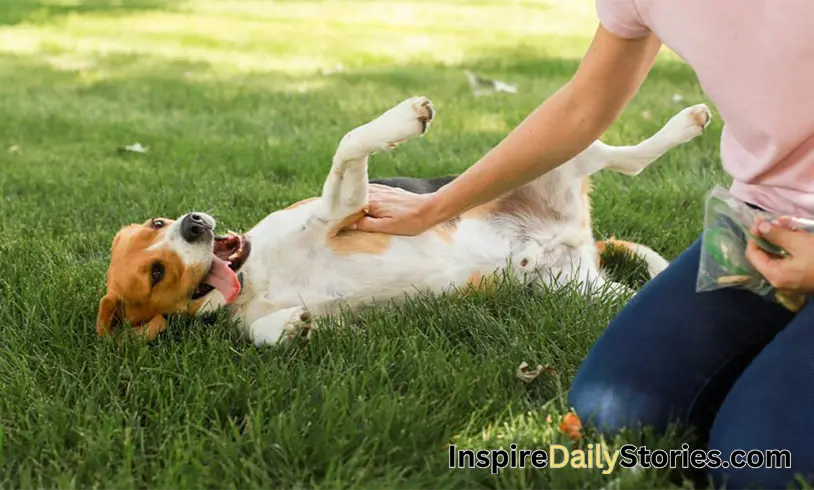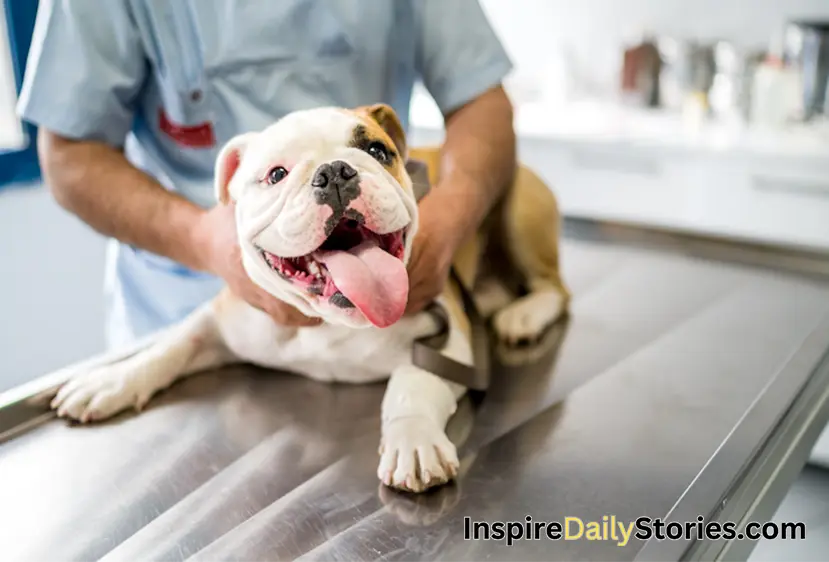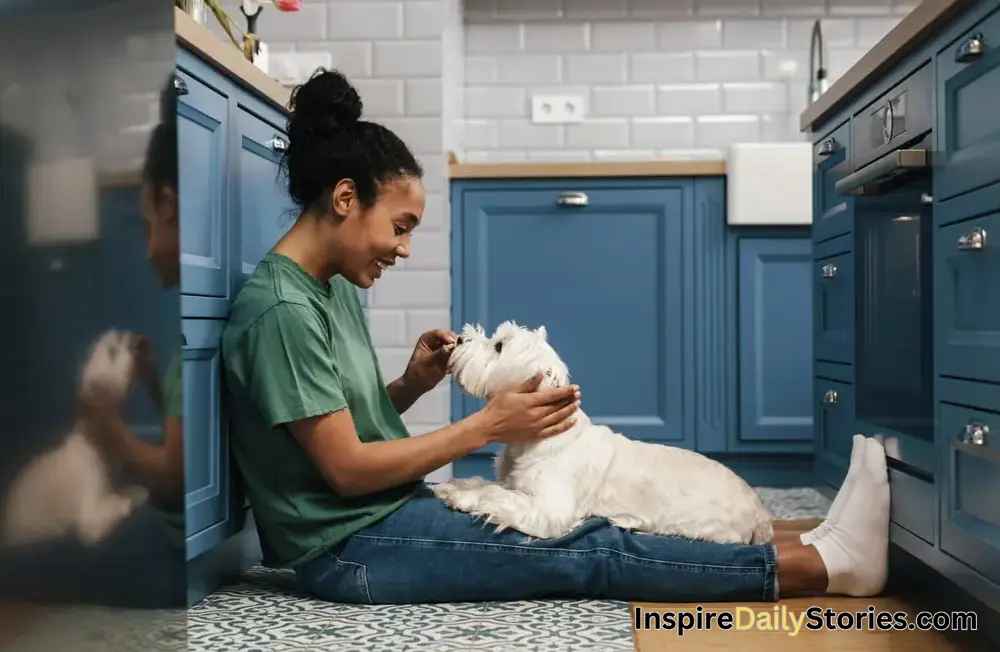Can You Handle the Responsibility of Owning a Pet?

Introduction
Imagine coming home to a wagging tail or a purring friend excitedly awaiting your return. Owning a pet can bring immense joy, but it also comes with significant responsibilities. According to a survey, around 67% of households in the United States own a pet, showing just how common pet ownership is. So, what exactly does it mean to own a pet?
A. Hook
Think about how many times you’ve seen a dog chasing a ball at the park or a cat lounging lazily in a sunbeam. These moments illustrate the bond between humans and animals, a bond shared by millions worldwide.
B. Definition of Pet Ownership
Pet ownership simply means taking care of an animal as if it were a part of your family. It involves providing food, water, shelter, and love to ensure the pet’s well-being.
C. Preview of Key Factors
Responsible pet ownership requires several key factors. These include commitment, time, financial resources, and understanding the needs of the specific animal you’re considering bringing into your home.

Understanding the Commitment
Taking care of a pet isn’t just about cuddles and playtime; it’s a big commitment that requires time, money, and emotional investment.
A. Time Commitment
Every day, pets need your attention. This means feeding them, taking them for walks, cleaning up after them, and giving them love and companionship. Depending on the type of pet, these tasks can take up a significant portion of your day.
B. Financial Commitment
Owning a pet comes with financial responsibilities too. You have to buy food, toys, and other supplies regularly. Plus, there are vet bills for check-ups, vaccinations, and unexpected illnesses or injuries. It’s essential to budget for these expenses to ensure your pet stays healthy and happy.
C. Emotional Commitment
Pets depend on us for more than just physical care; they also rely on us for emotional support. Forming a bond with your pet is crucial for their well-being. They need affection, attention, and understanding. Remember, your pet’s feelings matter too, so be prepared to provide love and comfort whenever they need it.

Assessing Your Lifestyle
Before bringing a pet into your life, it’s crucial to think about how your daily routine and activities will fit with pet care.
A. Consideration of the Living Situation
Where you live plays a big role in determining what type of pet you can have. For example, if you live in a small apartment, a large dog might not have enough space to run around comfortably. It’s essential to consider your living space and whether it’s suitable for a pet.
B. Work and Travel Commitments
Your job and travel plans can affect your ability to care for a pet. If you work long hours or travel frequently, you’ll need to make arrangements for someone to look after your pet while you’re away. Pets require regular feeding, bathroom breaks, and companionship, so it’s essential to ensure they’re not left alone for too long.
C. Social Life and Hobbies
Having a pet can change how you spend your free time. Instead of going out with friends every night, you might need to spend more time at home taking care of your furry friend. It’s essential to consider how owning a pet will impact your social life and hobbies and whether you’re willing to make adjustments to accommodate your new companion.

Understanding the Needs of Different Pets
Each type of pet has its own set of needs and requirements. Understanding these needs is essential for providing proper care and ensuring a happy, healthy life for your furry or feathered friend.
A. Dogs
Dogs are active creatures that need regular exercise, training, and social interaction. Daily walks, playtime, and training sessions are essential to keep them physically and mentally stimulated. Socialization with other dogs and people is also crucial for their well-being.
B. Cats
Cats are known for their independent nature, but they still need love and attention. Although they may not need as much exercise as dogs, they still benefit from playtime and mental stimulation. It’s essential to provide them with a clean litter box, regular grooming, and a safe environment where they can explore and climb.
C. Other Pets
Pets like birds, reptiles, and small mammals have their own unique needs. Birds need spacious cages, a varied diet, and mental stimulation through toys and social interaction. Reptiles require specific temperature and humidity levels in their habitats, along with proper lighting and dietary needs. Small mammals like rabbits and guinea pigs need plenty of space to move around, a balanced diet, and regular veterinary check-ups to ensure their health and well-being. Understanding the specific needs of these pets is crucial for providing them with the care they require.

Preparation and Planning
Before bringing a pet into your home, it’s essential to prepare and plan to ensure you can meet their needs and provide a safe and comfortable environment for them.
A. Researching Breeds or Species
Not all pets are the same, and it’s crucial to choose one that matches your lifestyle and preferences. Research different breeds or species to find one that fits your living situation, energy level, and the amount of time you can dedicate to pet care.
B. Setting Up Your Home
Once you’ve chosen the right pet, you’ll need to set up your home to accommodate them. This includes purchasing essential supplies like food and water bowls, bedding, toys, and a suitable enclosure or habitat. Make sure your home is pet-proofed to prevent accidents and keep your new companion safe.
C. Planning for Emergencies
Unexpected situations can arise, so it’s essential to have a plan in place for emergencies. This includes knowing where the nearest veterinarian is located, having a first-aid kit on hand, and identifying someone who can care for your pet if you’re unable to do so temporarily. Being prepared can help you handle unexpected situations calmly and effectively.
The Benefits of Pet Ownership
While owning a pet comes with responsibilities, it also brings numerous benefits that can enrich your life in many ways.
A. Companionship and Emotional Support
Pets are more than just animals; they become our companions and provide unconditional love and support. Having a pet can help reduce feelings of loneliness and provide comfort during difficult times. The bond between a pet and its owner can be incredibly strong and can positively impact mental health and overall well-being.
B. Physical Health Benefits
Owning a pet often means more physical activity, whether it’s taking your dog for a walk or playing with your cat. Regular exercise with pets can lead to improved cardiovascular health, reduced stress levels, and increased overall fitness. Additionally, the presence of pets has been linked to lower blood pressure and decreased risk of heart disease.
C. Social Benefits
Pets can also help foster social connections and interactions. Whether it’s chatting with other dog owners at the park or joining pet-related communities online, owning a pet can provide opportunities to meet new people and build relationships. Pets can also serve as conversation starters, making it easier to connect with others and feel a sense of belonging within your community.
Conclusion
Now that you’ve learned about the responsibilities and benefits of pet ownership, let’s recap what we’ve discussed and offer some final thoughts.
A. Recap of Key Points
Owning a pet involves a significant commitment of time, money, and emotional energy. From daily care routines to planning for emergencies, there are many factors to consider before bringing a pet into your home. However, the rewards of pet ownership, such as companionship, improved mental and physical health, and social connections, can make it all worthwhile.
B. Encouragement
Before deciding to get a pet, take some time to carefully evaluate your readiness. Consider your lifestyle, living situation, and ability to meet the needs of a pet. Owning a pet is a long-term commitment, so it’s essential to be prepared for the responsibility it entails. If you’re unsure, don’t hesitate to reach out to experienced pet owners or professionals for advice and guidance.
C. Final Thought or Call to Action
As you reflect on whether pet ownership is right for you, consider getting involved in other ways, such as volunteering at a local animal shelter. Volunteering can give you valuable experience working with animals and help you make a positive impact in your community. Whether you decide to bring a pet into your home or support animals in other ways, remember that every little bit helps in creating a better world for our furry friends.
People also ask
Is owning a pet a responsibility?
Yes, owning a pet is a responsibility because it requires care, attention, and commitment.
What are the responsibilities of a pet owner?
The responsibilities include feeding, grooming, exercising, providing medical care, and love.
Is taking care of a pet a big responsibility?
Yes, taking care of a pet is a big responsibility that requires time, effort, and resources.
How does owning a pet teach responsibility?
Owning a pet teaches responsibility by requiring consistent care and meeting the pet’s needs.
Are animals our responsibility?
Yes, as pet owners, animals rely on us for their well-being and care.
What are the responsibilities of having a pet essay?
The responsibilities include daily care routines, financial commitment, and ensuring the pet’s happiness.



